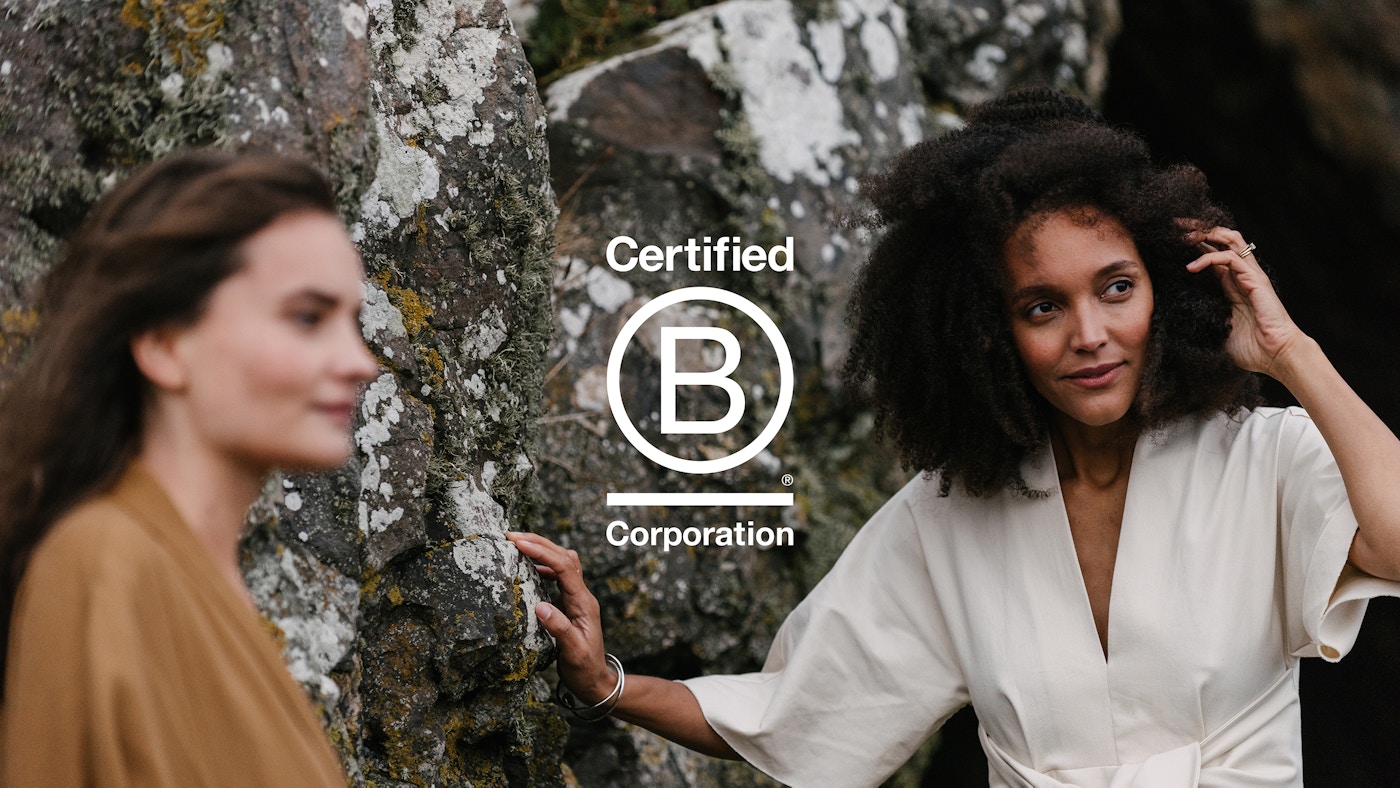Sustainability is a term that has become well used in recent years. But what does it mean? It not only refers to the environment, but reflects the social and economic values of a business too. Many companies are committing to a sustainable business model that recognises a triple bottom line — people, planet, and profit — rather than the single bottom line of profit. Balancing purpose and profit creates a new culture of shared prosperity.
The pressure for businesses to respond to global sustainability concerns is ever-increasing (now more than ever). In light of the current pandemic, the COVID-19 crisis could be a turning point for business. Sustainability needs to be at the forefront of people’s minds — there is no profit without people and planet.
This is where B Corps come in. Certified B Corporations are a new kind of business that balances purpose and profit. These companies have committed to a sustainable business model that values people and planet as highly as profit. Members of the B Corp community are working towards creating an economy that works for everyone, from customers and communities, to the environment, not just for shareholders. This organisation recognises a community of leaders, driving a global movement of people using business as a force for good.

Since 2017, Graphical House have worked with Saalt, a US-based menstrual care start-up, to create a brand that enhances a sustainable period experience.
Driven by the ideals of founders Cherie and Jon Hoeger, Saalt’s mission is to empower people to care for their periods in a healthy and sustainable way. This thread of sustainability also extends into how they run their business. In the summer of 2019, Saalt was awarded B Corp status, joining organisations like Ben & Jerry’s and Patagonia in certifying the highest standards of social and environmental performance, transparency, and legal accountability.
Since February 2018, Saalt have diverted 1,004,195 period waste products from landfill, donated over 7177 menstrual cups and saved $55,743 on the cost of disposables.
Saalt are driven by the desire to be the change they’d like to see in the world. Using their influence as a company, they chose to give back and improve the world. Creating a regenerative circular economy, they work towards a closed-loop system of production — minimising the use of resources and the creation of waste, pollution and carbon emissions. As a business they aim to redefine growth, focusing on positive society-wide benefits.
Achieving B Corp status means the company have met the highest standards of social and environmental performance. Following the triple layered business model, they put people and planet up there with profit. Saalt’s ethical mission is one that they are committed to. Since February 2018, Saalt have diverted 1,004,195 period waste products from landfill, donated over 7177 menstrual cups and saved $55,743 on the cost of disposables.
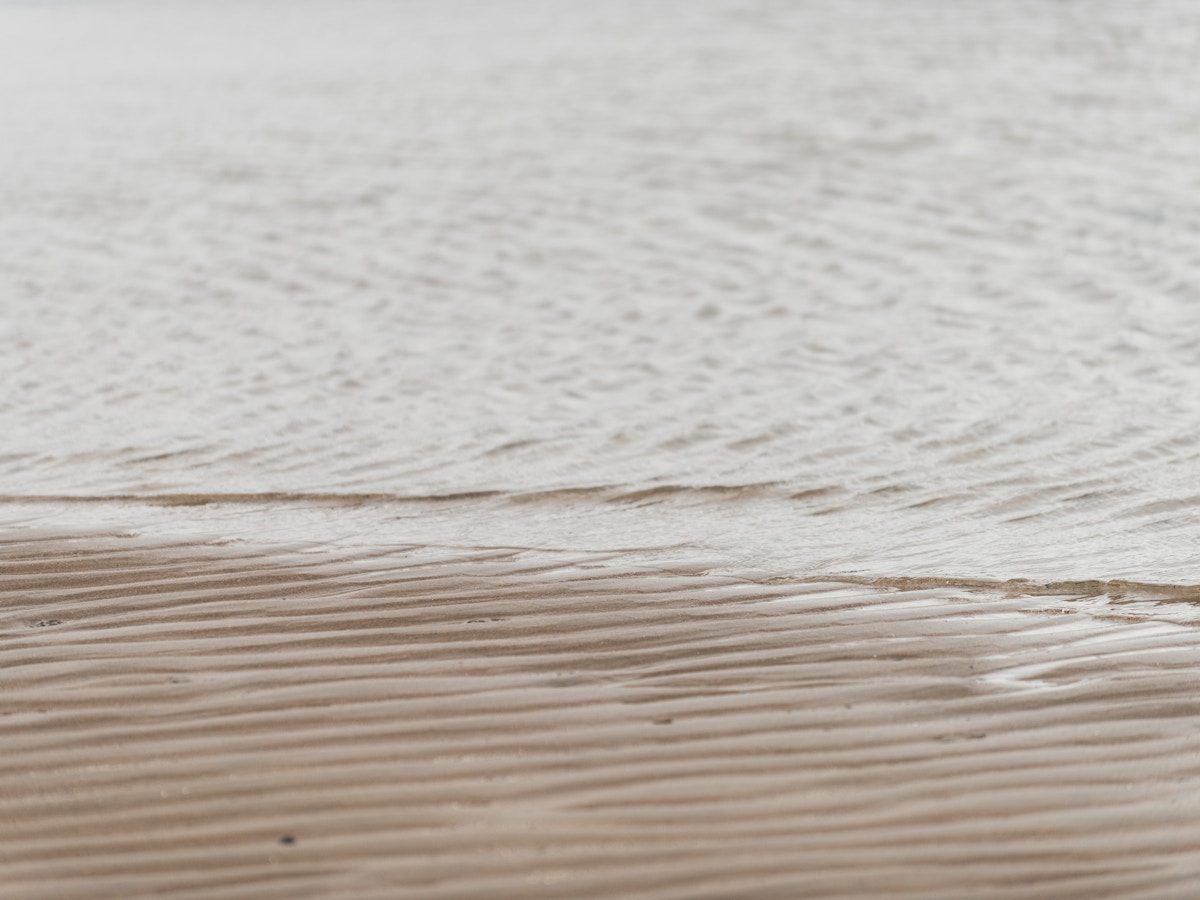
Social Impact
Saalt is an organisation that serves the best interest of all involved. They elevate everyone who contributes to the business, from their workers, through their customers, to the wider community and environment. This informs a Corporate Social Responsibility within the company, driving their self-regulated efforts to improve society and contribute towards a sustainable future. This approach helps companies to be conscious of the kind of impact they are having on all aspects of society — economic, social, and environmental.
Saalt commits 2% of its revenue to donate period care and help fund initiatives in girls’ education, empowerment, and sustainability.
Saalt relies on the support of their growing community to help guide them via their online forum ‘Saalt Cup Academy’. With over 16,000 members, customer engagement is encouraged, giving a platform to diverse voices and sharing visions of a sustainable future. This further strengthens the bond between the company and consumer, as they become more invested in Saalt products and their success.
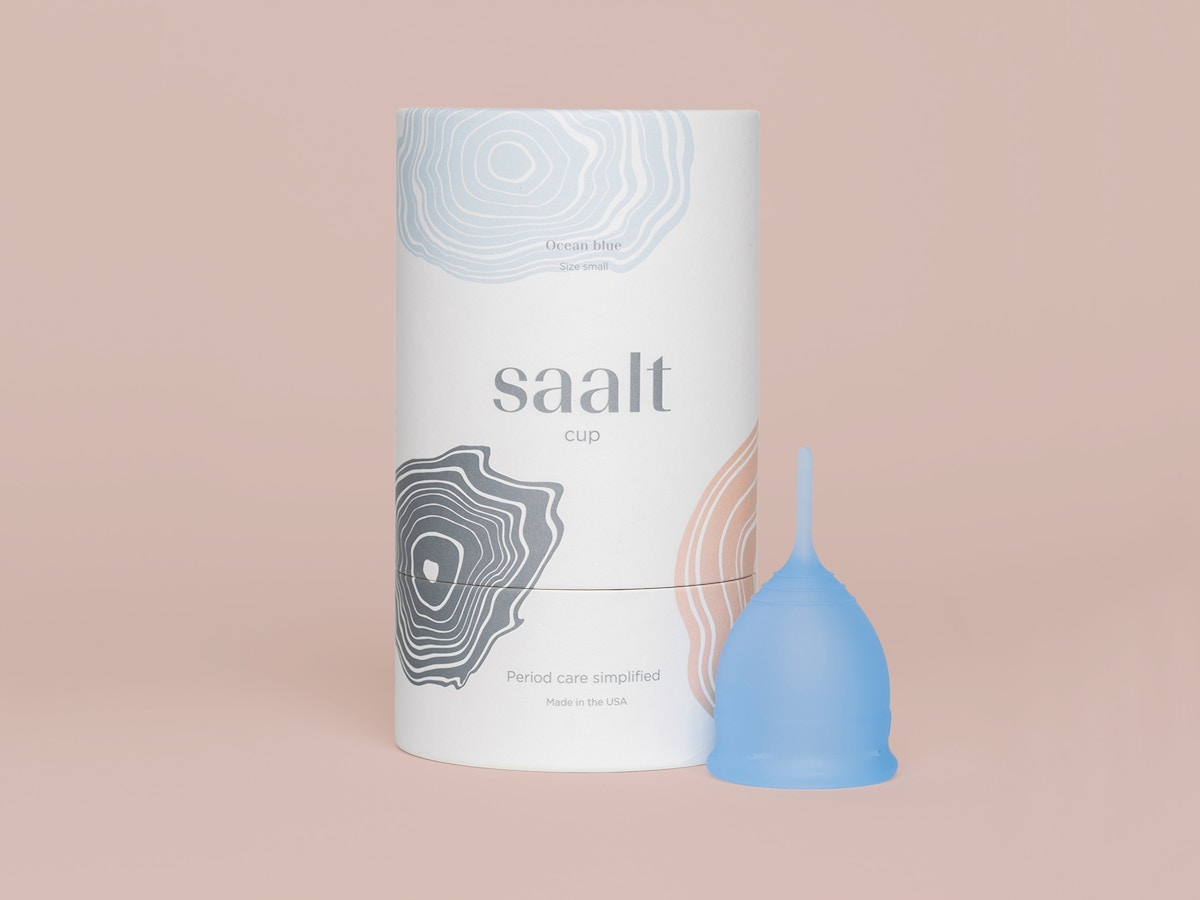
Menstrual Equity
The current global health crisis saw the stock of personal hygiene products dwindle, which goes to show just how unsustainable our dependence on disposable products really is. In an era where cheap and disposable products offer far more profit, Saalt embrace better health for their customers and the planet.
But are sustainable period products equally as accessible to people of low incomes and marginalised communities? In the long run, menstrual cups are a far more cost effective solution when caring for your period. Half the population will endure 456 periods over 38 years of their lifetime, on average spending roughly £1500 on tampons alone. In comparison, the cost of a menstrual cup is £25.00, which can last up to 10 years, vastly reducing the overall cost of periods over time. Already the cost benefit of switching to a reusable product is very compelling. A Saalt Cup will pay for itself in about five months, and by the end of the first year, a consumer will have saved more than they spent on the product. These seemingly cheaper (at first glance), disposable products are simply not sustainable, from both personal financial and environmental perspectives. Unfortunately, while this is an obvious and attainable switch for some, others are simply not in a position to make this change.
“One of the biggest barriers that we see to sustainable period care for those living in poverty is simply education and awareness”
Cherie Hoeger, Saalt Co-Founder
To counteract this, Saalt are working to make installment payments available for lower income customers so that they can make four interest-free payments over time, which makes buying a cup about the same as buying a few boxes of tampons or pads over a couple of months. Secondly, Saalt doesn’t just donate products, they also provide education and support for those who have not had the opportunity to learn to care for their own needs. Speaking with Saalt Co-Founder Cherie Hoeger, she feels “One of the biggest barriers that we see to sustainable period care for those living in poverty is simply education and awareness. Many people don’t understand the options that may be available to them, nor do they understand their own bodies and health enough to make prudent decisions”.
Long held stigmas around periods have stifled innovation to develop better period care options. As Cherie puts it “We knew the way we presented our products, our brand, and our voice would be critical to shift the consumer mindset on reusable products”. This stigma presented both our greatest challenge and opportunity. Working closely with Saalt, we at Graphical House were able to take this stigma head-on, creating high end packaging that elevates menstrual cups to sit on the same shelves as clean personal care products, while actively working to normalise periods and educate consumers through brand imagery and voice.
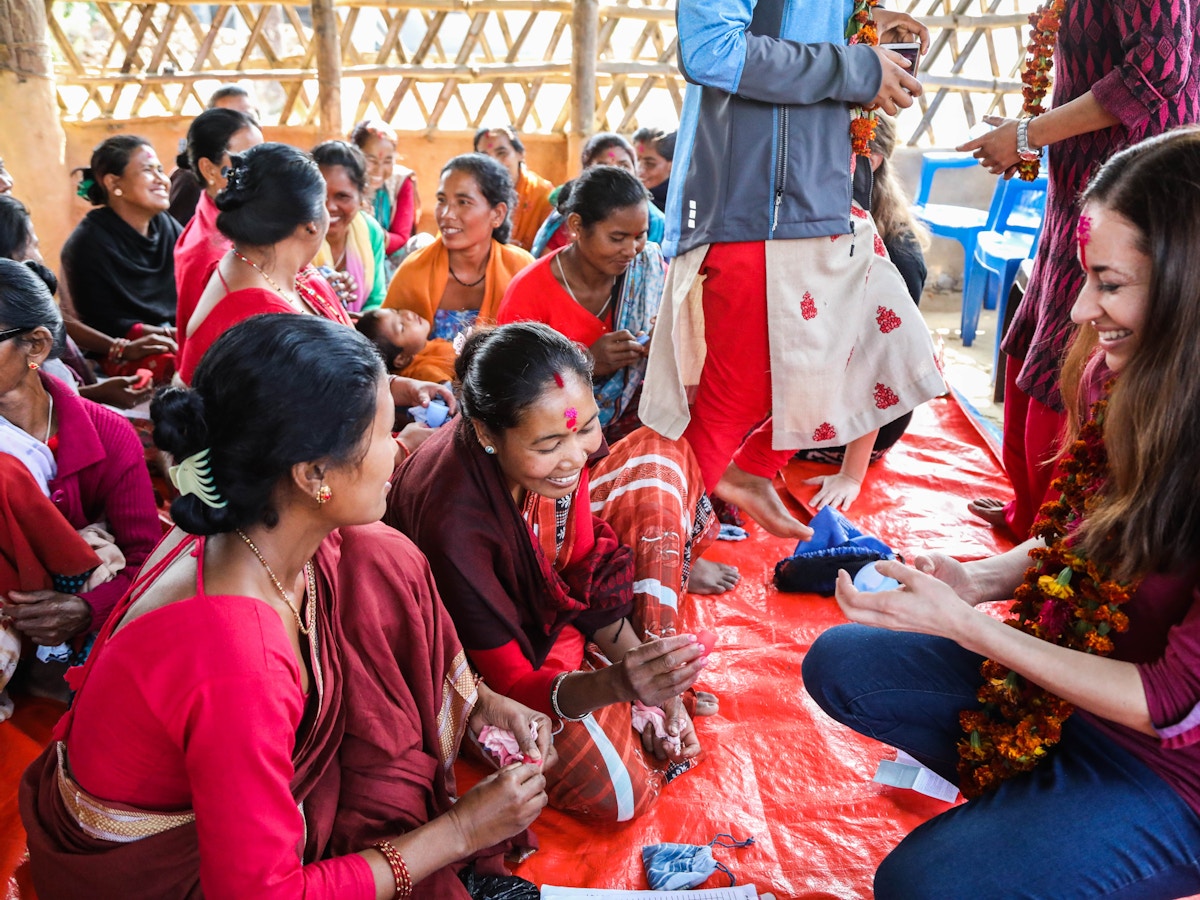
Sustainable Design
Saalt provide consumers with sustainable period solutions that decrease waste through thoughtful product design and conscious packaging. Choosing reusable products saves thousands of single-use period care products from landfills and oceans. One Saalt menstrual cup can last up to 10 years, thus diverting a total of 1,004,195 waste products. And think of all the packaging that is saved. Saalt’s customers are deliberate thinking, healthy and environmentally conscious consumers. They want to see these values reflected not only in the product, but throughout the packaging too.
As designers and specifiers, we can implement an environmentally friendly approach through design, material selection and process. Of course materials play an essential role in sustainable design. Simply by choosing recyclable and recycled elements that are non-toxic and manufactured through low-impact means, we can design waste out of the system. Considerations of size, format and weight can lead to massive savings in shipping costs and ultimately the toll on the environment.
This is a continuous effort, as we develop new and exciting solutions for Saalt, each time assessing where we can make changes and improvements. Our first iterations of the menstrual cup tube packaging had a plastic window, allowing shoppers to view the product without opening the packaging. Going forward, we plan to remove this plastic element for more of their retail partners, making the packaging fully recycled and recycle-able, closing the loop of the package manufacture.
Considering the difficulties that our planet faces due to over-consumption, we at Graphical House strive to provide innovative solutions, replacing obsolete packaging with appealing and sustainable outcomes that can ensure lower consumption of resources and the minimisation of waste. As well as recyclability, the packaging we developed for Saalt serves a purpose beyond simply containing the product. The function and usability of the packaging can also contribute to its sustainability in an indirect way. We have taken an empathetic approach to the physical design, focusing more on understanding the end user’s needs or possible undiscovered needs by packaging the product in a way that immediately expresses a sense of quality and care for what lies within. The act of un-packaging functions as a tactile, instructional aid to demonstrate how the product works — folding the cup into a ‘C’ shape to release and remove it effectively creates a better understanding for the product.
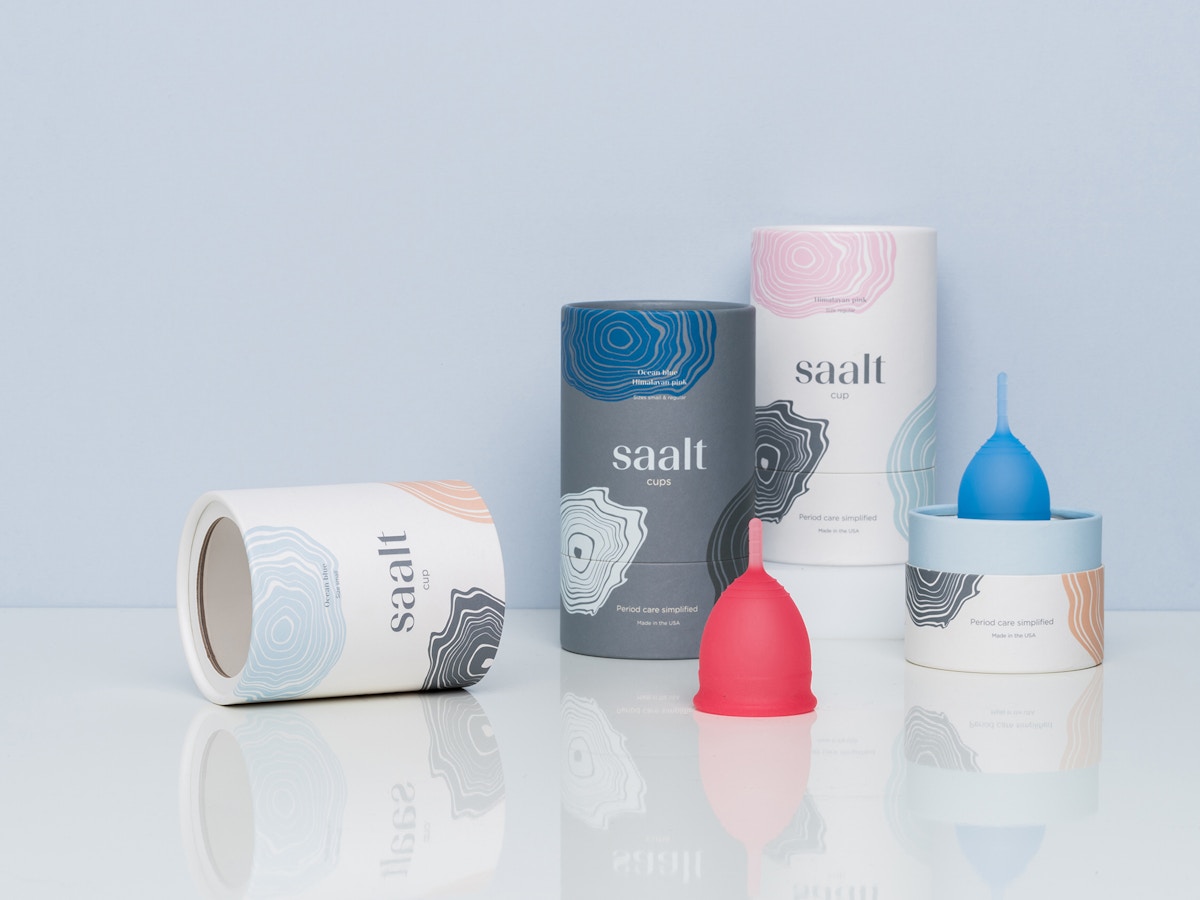
Business as a force for good
In recent years a ‘Consumer Citizenship’ trend has emerged from this shift in the values of business culture. Around 60% of consumers would buy a product if there were a social and environmental value behind it. People want to buy from, work for and invest in businesses they believe in. Cherie claims that “Every week my inbox is flooded with resumes of people wanting to work with our company. When I ask, ‘Why Saalt?’ the answer is always the same. Millennials don’t just want a job, they want to work for a company whose corporate values align with their personal values”. Companies who achieve this balance lead the way driving a global movement of people using businesses as a force for good. This has helped redefine the way people perceive success in the business world, not just through turnover and growth but through the positive impact for their employees, communities and environment.
Around 60% of consumers would buy a product if there were a social and environmental value behind it.
The current health crisis poses a challenge for many businesses, but at the same time presents an opportunity to switch to this new sustainable business model. Consumers are realising that fulfilment comes not only from what they buy, but from the positive environmental and society-wide benefits of their purchase. Sustainable businesses create economic value, but also healthy ecosystems, strong communities and a powerful emotional connection. Or as Cherie puts it, “This is the decade where social enterprise will no longer be viewed as a bonus, but an expectation”.
